In recent times, sustainability has become a key factor in various industrial sectors, both for the competitive advantages it offers and for its reputational benefits. In this regard, even the European Commission is making progress by introducing regulations that are capable of reducing global carbon emissions and the impact of industrial activities on the planet.
In this context, the Digital Product Passport (DPP) will represent a crucial tool for promoting more conscious and sustainable purchasing decisions. This is the European Commission’s initiative to accelerate the digital and circular transition according to the objectives set out in the Green Deal, particularly within the scope of the Ecodesign for Sustainable Products Regulation.
The legislative goal aims to make almost all physical goods in the EU, including products produced and imported from outside the Union, more sustainable, circular, and energy-efficient throughout their life cycle.
But what will change for companies with the introduction of the Digital Product Passport? Let’s find out together.
The origins: what is Ecodesign for the European Commission (or ESPR)?
In March 2020, in the context of the European Green Deal, the European Commission presented a new Circular Economy Action Plan (Circular Economy Action Plan).
Through the SPI (Sustainable Product Initiative), the aim is to make production more aligned with the principles of the circular economy through climate neutrality and waste reduction.
In this regard, the ESPR, Ecodesign for Sustainable Products Regulation, is the cornerstone of the legislative package. The regulation defines ecodesign specifications based on product categories and provides a framework for establishing environmental sustainability information obligations, allowing for more transparent consumer communication. And it is within this context that the DPP – Digital Product Passport is integrated, designed to make products easier to identify and “read.”
The ecodesign regulation would apply to almost all product categories, aiming to make production energy and resource efficient. Motor vehicles are excluded, as they are already regulated by other legislative acts, as are products impacting defense or national security.
What is the Digital Product Passport?
The Digital Product Passport (DPP) is a traceability system that will require brands to collect and share product Life Cycle Assessment (LCA) data, accessible in the form of a “digital twin.” It will be based on QR Code/barcode technology with blockchain technology. The data will be accessible through a label that a customer can scan to view the provided information.
Depending on the product category, manufacturers may provide details such as:
- Usage lifespan and repairability services
- Energy efficiency
- Environmental impact
- Production practices
- Other relevant information such as suppliers, distribution chain, etc.
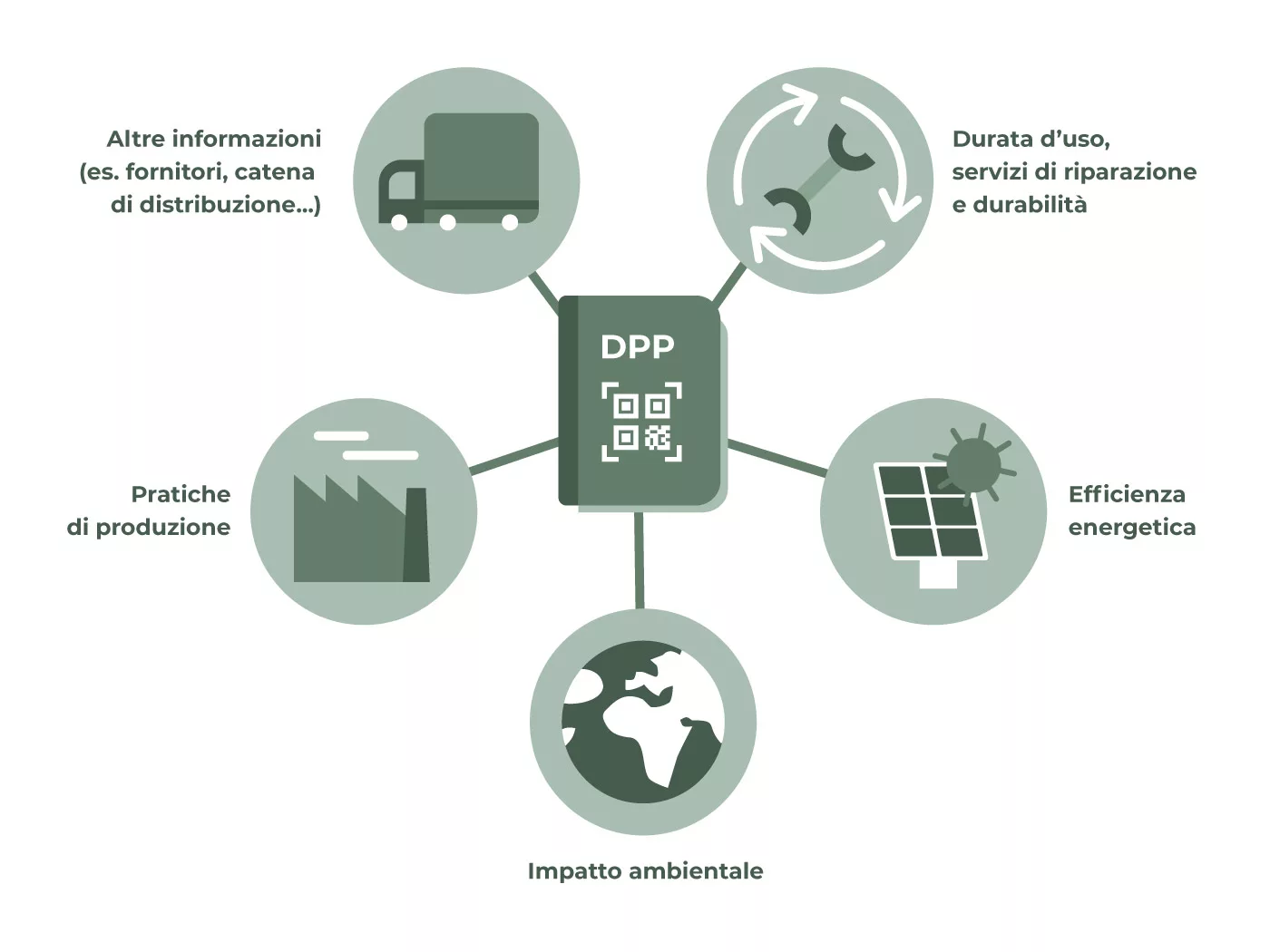
What is the use of the DPP?
The Digital Product Passport will be useful:
- For consumers, to have more transparent product information by accessing accurate and verified records of what they are intending to purchase, checking levels of environmental impact and social responsibility;
- For customs authorities to monitor markets;
- For companies more active in sustainability to communicate their initiatives to the public and demonstrate the company’s sustainable commitment, increasing consumer trust in the brand.
In short, what are the advantages of the Digital Product Passport?
The Product Passport therefore presents itself as a pioneering solution for sustainability communication, thus bypassing the risk of greenwashing. In short, the Digital Product Passport enables:
- Easier data management for products labeled as “green”
- More precise data collection along the production and supply chain
- Better sharing of product-related information with stakeholders and final consumers
- Simpler accessibility to quality product data.
These aspects, in turn, can lead to a positive ripple effect, which includes:
- Efficiency on the part of companies in the use of materials and energy;
- Implementation of circular business models
- More informed purchasing decisions from consumers
- Clearer legal obligations and standards.

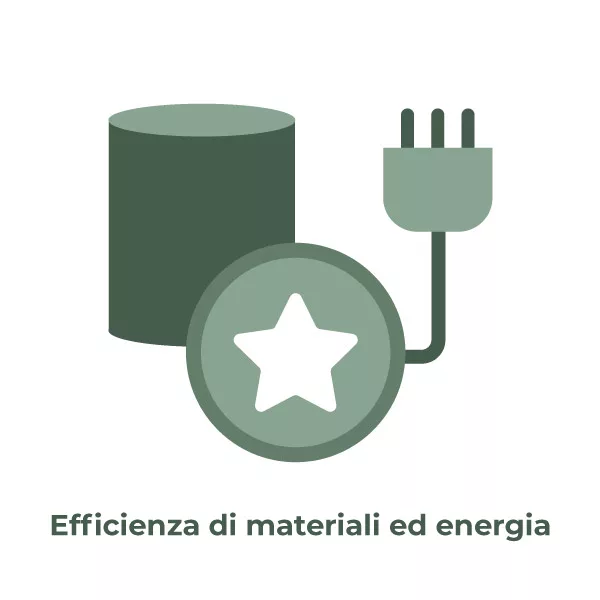
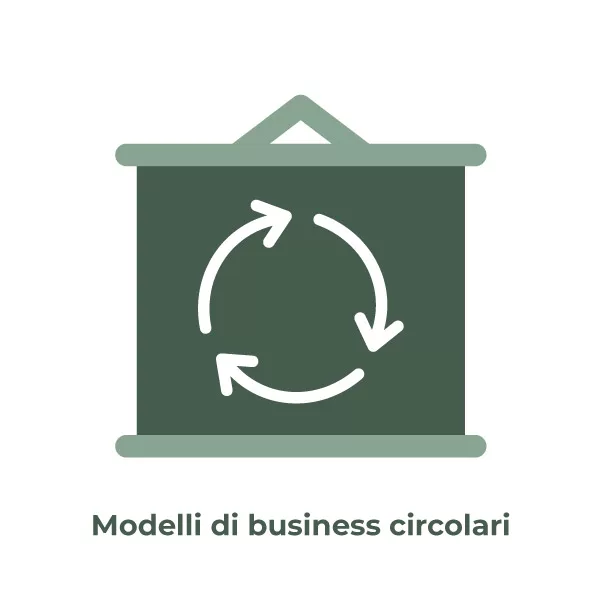
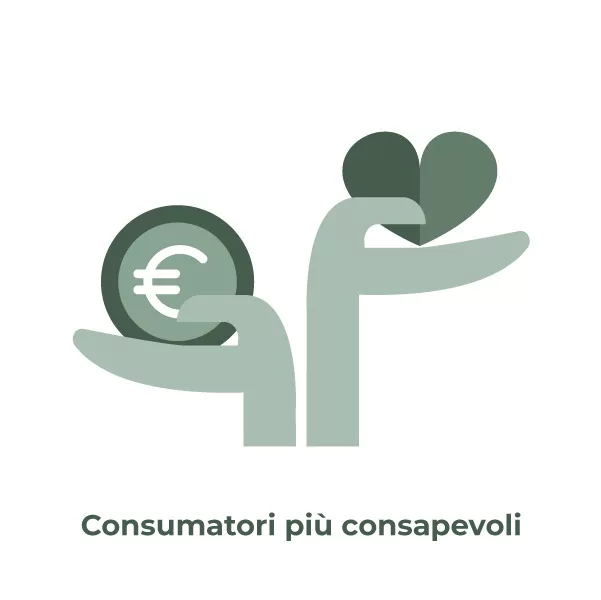
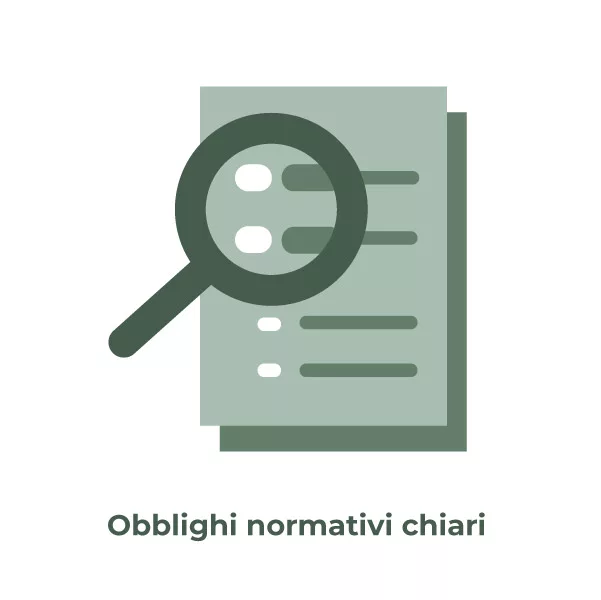
What information will the digital passport contain?
The DPP will provide general information about the product, including elements such as the product ID, technical details, production facility and reference numbers, the origin of raw materials, and data related to ecological footprint, aiming to provide numbers on the product’s carbon footprint. Information on repairs, disassembly, reuse, and durability will also be included.
What challenges does its implementation present?
The main challenge is the large-scale integration of the Digital Product Passport. The DPP must indeed have a data carrier linked to a physical identifier present on the product, accessible online, and fully interoperable.
The company that places the product on the market is therefore also legally responsible for collecting, providing, and updating the required data. For all these reasons, brands must be prepared and equipped.
For companies, this means a new workflow that may require adjustments and new investments.
Nevertheless, the DPP is an innovative tool that will allow monitoring and mitigating carbon emissions throughout the production chain.
Where to start? Here at HENRY & CO., we are up-to-date on principles, methods, regulations, and actions related to corporate sustainability. Trust us to successfully apply sustainability in your reality.
When will the DPP be introduced?
Due to the complexity of the processes and some elements still to be defined, it will not be possible to implement this tool for all products by 2024.
It is expected that the regulation related to the Digital Product Passport will come into effect by 2026 or 2027, covering most sectors by 2030.
What are brands and retailers expecting from the introduction of this tool?
Given the extended time frames, retailers and brands will have time to familiarize themselves with the tool, investing in training on the technology and its implications. It is crucial to study communication with customers, which must be clear, authentic, and transparent.
To achieve this, it will be necessary to promote relationships with all actors in the supply chain to establish a unified approach to DPP integration, providing voluntary product information, any certifications obtained, and Life Cycle (LCA) data verified by the relevant authorities.
Prepare for the introduction of the DPP with HENRY & CO.
Since it is a new tool, it is essential to stay regularly updated on the DPP topic. And when it comes to how brands and retailers should prepare, we have the answer.
HENRY & CO. is the ecodesign studio that helps companies throughout their transition to a circular economy. From Sustainability Plans to LCA calculations and reporting, we design the most suitable sustainable business model according to your needs to enter future markets.
FILL OUT THE FORM BELOW FOR MORE INFORMATION ON THE DIGITAL PRODUCT PASSPORT.
